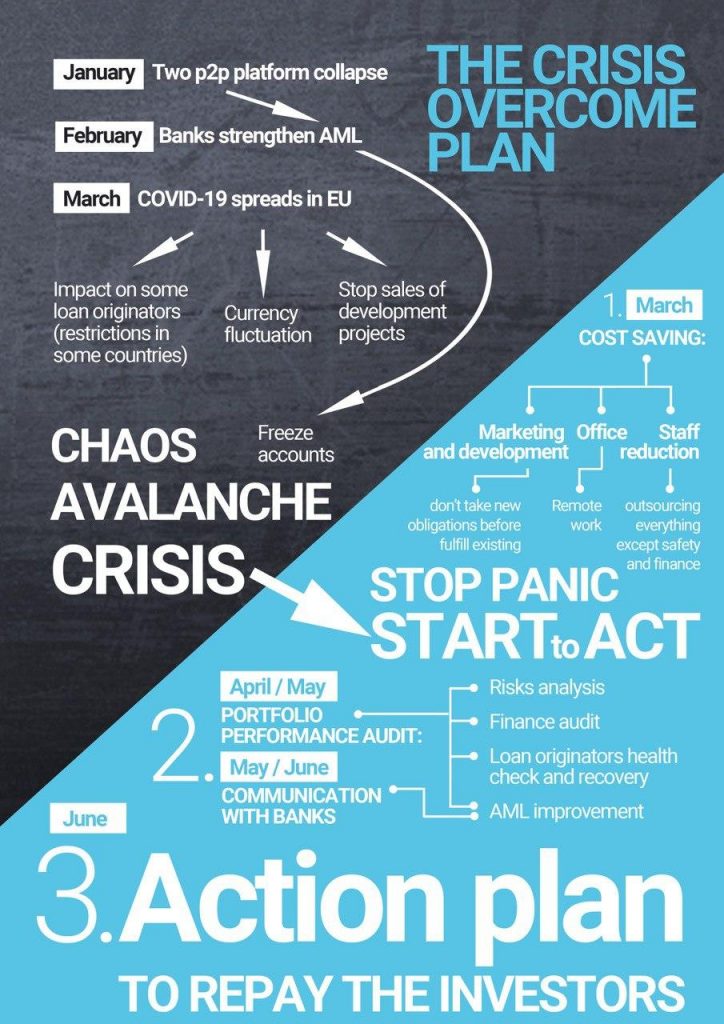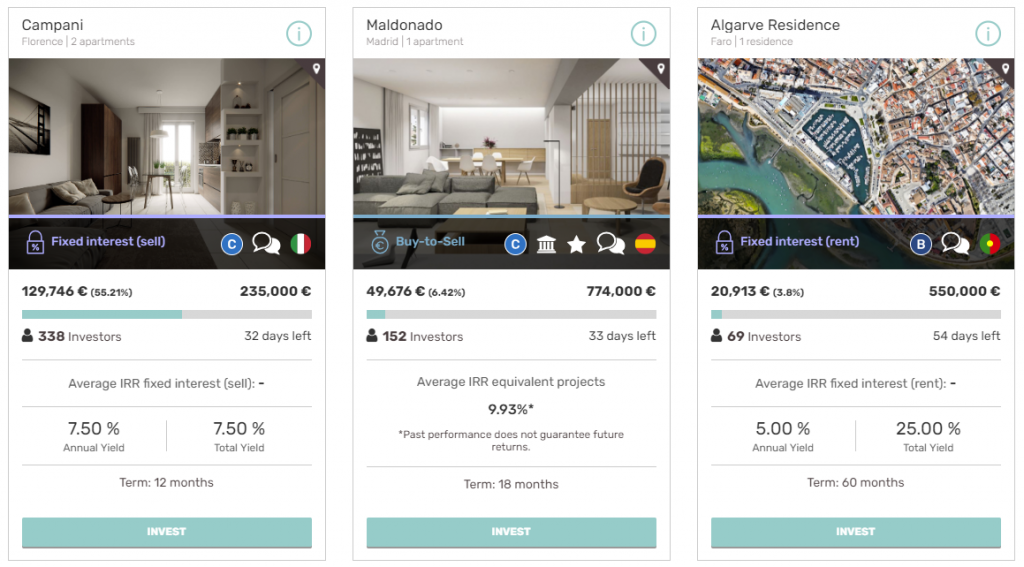Before talking about EU crowdfunding regulations, let’s first understand one thing. Crowdfunding originated from Europe when in 1997, a British rock band financed their reunion tour via online donations from fans. Borrowing from this concept, ArtistShare launched as the first dedicated crowdfunding platform in 2000.
Ever since then, the EU has been a leading crowdfunding market in the world, with plenty of platforms now dedicated to various forms of crowdfunding.
The European crowdfunding market is still largely underdeveloped compared to major economical regions like Asia and North America.
The total global crowdfunding market is at EUR 266 billion, with Europe only having less than 6% of the pie.
One of the reasons attributed to this underdevelopment is the lack of clear and common rules that can enable platforms to operate across borders as well as differing licensing requirements across the union.
This has led to high operational and compliance costs that have prevented these platforms from proficiently scaling the provision of their services, thus investors had fewer options as well as high levels of uncertainties when investing across the border. This also means that businesses have few financing opportunities.
New EU Crowdfunding Regulations
Early this year (2021), the European Council approved the identical pan-European regulation for crowdfunding that has been in the making for quite some time now.
The new EU crowdfunding regulation is now officially adopted and is published in the Official Journal of the European Union.
It is aimed at unifying rules for crowdfunding platforms and project owners who are looking to attract cross-border crowdfunding within the European Union, guaranteeing extra protection for the investors and thus potentially reduce p2p lending risks.
This regulation is long overdue and will help with reconciling conflicting national rules for crowdfunding as well as expanding the investor base to all members of the European Union.
The new regulation is expected to bring healthier competition, ensure the best professional standards, and support market development.
Overview of the EU crowdfunding regulations
The new coordinated EU crowdfunding regulation was officially approved on October 7, 2020, and is expected to enter into effect on November 2021.
The regulation is only applicable to crowdfunding platforms and not applicable to consumer lending and reward-and-donation-based crowdfunding as these are not considered to be financial services.
Specifically, the regulation applies to projects seeking to rise to EUR 5,000,000 over a period of 12 months, which is considered enough to cover the basic needs of most startups and SME businesses.
Projects that exceed EUR 5,000,000 will be regulated by the Market in Financial Investment Directive (MiFID II) as well as Regulation (MiFI R).
The new rule will solve the differences between current disjointed national rules regarding crowdfunding, which have resulted in massive compliance expenses lop-sided to the number of investments. However, the new rule will not require transposition i.e. to be incorporated into the new law by Member State and will be directly applicable.
According to the rule, the Member States constituting the EU that don’t have in place a defined crowdfunding regulation will apply for this new rule starting November 2021, while the members that have their own regulation will have a one year transition period, thus they have until November 2022, to integrate the new regulation.
Difference between the new EU crowdfunding regulation and MiFID II
Category |
EU Crowdfunding Regulation |
MiFID |
Legal status |
Crowdfunding service to be provided by legal persons established in the EU |
An investment company to comply with the organizational requirements stipulated in paragraphs 2 to 10 of the MiFID |
Display financial securities & information |
Crowdfunding platforms may propose to investors specific crowdfunding projects which shall correspond to one or more specific parameters or risk indicators chosen by the investor |
An investment providing financial instruments shall avail to distributor app relevant information on the financial instruments and the product approval process |
Special Purpose Vehicle |
Only indivisible or illiquid asset to be offered through a special purpose vehicle |
No limitation in offering through SPV |
Audit |
Not audit |
Audit applicable |
Recording |
Not applicable |
Recording applicable including all electronic communication and telephone conversations. |
Impact on the new EU regulations
Impact on crowdfunding platforms

How does the new EU crowdfunding regulation impacts platforms? The regulation provided on ECSP business emphases on regulating the operation of crowdfunding service providers and platforms, obliging them to prioritize the interest of the investors.
This rule sets a high standard for investor protection as well as determines common practical and transparency requirements.
First, platforms will have to apply for a license in the Member State that they operate. The platforms will file an application to the relevant authority in their own country, providing the document to prove acquiescence with organizational and operational requirements.
The application should prove that the platform:
- Undertakes proper due diligence on the project owners seeking finances
- Have an insurance policy covering the whole of EU
- Ensure their services are suitable for less sophisticated investors
- Have complaint handling procedure that allows a client to file complaints
- Have risk assessment as well as risk management procedures
- Provide a reflection period for less sophisticated investors allowing them to revoke an offer within four calendar days after the offer was made.
The rule also imposes a variety of penalties on non-compliant platforms, including forcing them to publish a public statement about the infringement of the regulation, bans on the management team, and administrative fines of up to EUR 500,000 among other penalties.
With this set of sanctions and a clear set of requirements, choosing not to comply with the new EU crowdfunding regulation is a futile option for platforms and other crowdfunding service providers.
Impact on crowdfunding investors

For crowdfunding investors, there is not much that has changed other than the introduction of a knowledge test to determine their understanding of crowdfunding.
The rule however does not apply to sophisticated investors, who are aware of the relating risks.
For non-sophisticated investors, they must provide details about their financial state, objectives, and experience as well as an overview of how they understand the risks.
It is up to crowdfunding platforms to runs these tests for non-sophisticated investors every two years after the undertaking of the initial test.
Special Considerations
The new EU crowdfunding regulations do not require platforms to run their KYC/AML procedures, rather obliges them to use a payment service provider. Therefore, these providers will require platforms to implement KYC/AML authorization before using their services.
[insert page=’cta-footer-crowdlending’ display=’content’]








